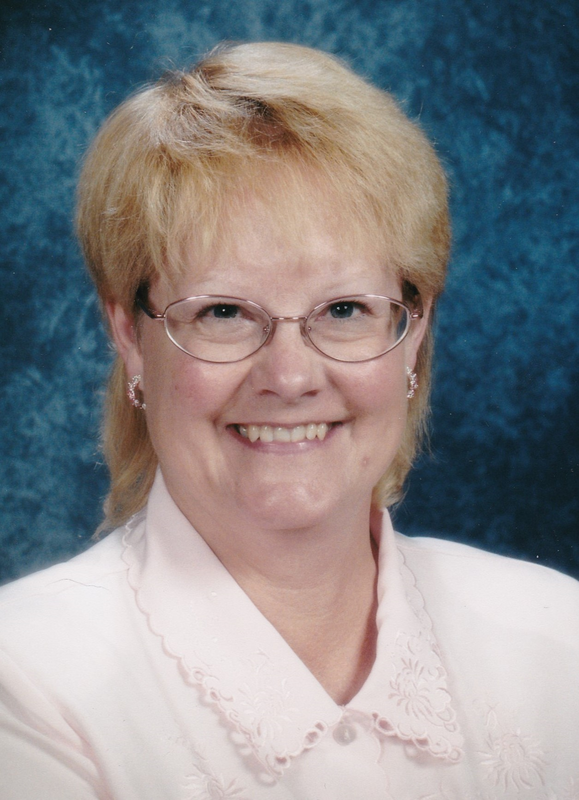Justice in the Morning The little town of Kielburg drowsed in the summer heat. Independence Day had been celebrated the night before and the odor of punk still hung heavily in the humid air.
Along the two-lane highway that bordered Kielburg a small figure trudged slowly, bowed under a hiker’s backpack. Rivulets of sweat ran down the side of his face and dripped off his hooked nose. None of the cars that passed him slowed, their drivers studiously avoiding making eye contact with him. Everything about him whispered defeat. All but his eyes. If one of the passing motorists had troubled to look, he would have seen two large, very blue eyes set deeply beneath the thick white brows. There was nothing defeated about his eyes. They scanned the roadway ahead with eagerness. His unknown objective was near, he could feel it. Shifting the heavy pack, the stranger lengthened his stride. Three flagpoles came into view. All three flags hung limply in the heated air. To a fanciful observer they would appear dead. But there weren’t any fanciful observers in Kielburg. The inhabitants did not allow such silliness in their lives. Only the lone traveler saw the lifelessness and understood. This town was his objective. A car pulled up behind him and the driver honked impatiently. He watched the SUV slip past. A small child’s face pressed against the back-window glass. The child gave a hesitant wave. Then the car was gone, rolling down the incline to the east. The mid-morning sun grew hotter. The transient began to walk toward the center of Kielburg. Ten minutes later the traveler stood on the deserted main street. A post office graced one corner. A bank graced another. The remaining corners supported bars. Even with their doors closed against the heat he could hear voices. He decided to take a chance and pulled open the heavy glass door of the bar nearest him. Smoke swirled in the cold air. A dozen men, some dressed in overalls, stared at the unknown traveler. Behind the bar, a man of middle height and protruding belly rolled toward him on small feet. “Come on in and have a beer,” he invited, rubbing his puffy hands together. “I have no money,” the traveler confessed. His eyes scanned the faces. The bartender’s welcome faded. “Then get out,” he snarled. “I’m thirsty. Could I fill my canteen with some water?” the traveler asked, unintimidated. The bartender waved a hand toward the bar. He reached for the canvas-covered canteen and shot a stream of water into the receptacle. “There. Now get out.” “C’mon, Denny, let the old guy cool off at least,” a young man objected from the end of the bar. “This air-conditioner don’t run on nothing! I gotta pay the electric bill. You’re all contributing to that. He ain’t,” came the blunt reply. The young man released a small chuckle. “It’s not like he’s using it up either! Let him stay a minute or two. Here, stranger, sit down and cool off.” A sturdy stool was pushed toward the stranger’s thin legs. With a nod of gratitude, the elderly traveler sat, pulled his battered cloth hat from his sweaty head and held his damp shirt away from his bony body. “Where are you bound?” the young man questioned. “Here, I think,” the stranger replied. “Here? Kielburg? You got relatives here?” The young man’s eyes drifted over the stranger’s tattered clothing, the shaggy hair. “You don’t look like a relative of anybody I know.” “I didn’t say I had relatives here. I probably don’t,” came the odd reply. All the men at the bar were unashamedly listening. Now one of them, elderly, white hair carefully combed, leaned forward. “Then what other reason do you have for being here?” The blatant unfriendliness saddened the traveler. “I come to bring justice,” he said quietly. “Justice! Are you a lawyer? You sure don’t look like a lawyer!” snorted another patron, skinny and only half sober. “I’m not a lawyer. I said I bring justice, not law.” The men looked at each other out of the corners of their eyes. The strange and unexpected answer was beyond them sober. Mixed with the alcohol in their system it simply sounded like nonsense. But they would quickly sober up when the explanation became clear later that day. An uncomfortable silence filled the previously noisy space. Soon every eye was staring at the slight figure perched on the bar stool. Feeling their dislike and suspicion, the traveler pulled his pack from the sticky floor and settled it over his shoulders. He was stopped at the door by a question. “Who are you?” the bartender asked, breaking the silence. “I’ve already told you. But I suspect you’re wanting a name. Right?” the stranger responded. “Right!” the bartender challenged. “We don’t like strangers coming to town. Everybody here knows everybody else and we like it that way. You don’t belong.” No one understood the smile that lifted the traveler’s lips. He didn’t explain it either. He simply answered the blunt question. “What makes you think I want to belong? But I do want you to remember me. So, I’ll give you my name. It’s Learned Hand, or William Howard Taft, or Oliver Wendell Holmes, or even John Marshall. Choose whichever one you like, it matters not to me.” With a final silent salutation, the stranger pushed open the heavy door and slid into the heat. The silence that reigned inside the bar was absolute. Finally, Bob Konrad glanced at Willis on his right and put words to every man’s uneasy thoughts. “I knew being on the highway would turn out to be a mixed blessing eventually.” Hearty laughter echoed from the smoke-imbued walls. But behind the laughter was uncertainty, inadmissible uncertainty. No single man inside Stubby’s Bar wanted to admit the churning stomach or pounding heart the transient’s words had left behind.
1 Comment
|
Categories
All
|

 RSS Feed
RSS Feed